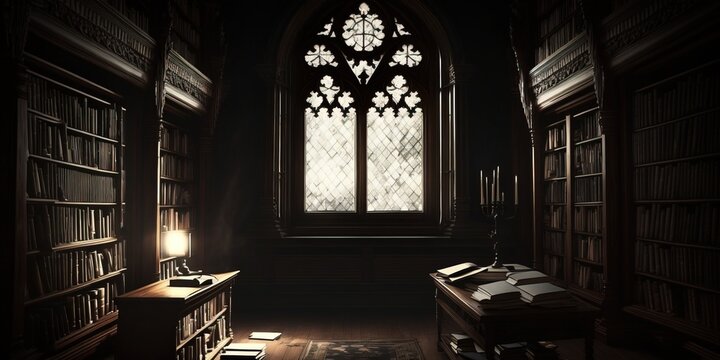
FAQ About Gothic Literature
Gothic Literature
2 years ago | gizem
What is the role of madness in Gothic Literature?
Madness plays a significant and recurring role in Gothic Literature, contributing to the genre's exploration of psychological horror, instability, and the blurred line between reality and the supernatural. Here are some key aspects of the role of madness in Gothic Literature:
- Psychological Horror: Madness is often used to create psychological horror in Gothic stories. Characters who descend into madness or who are surrounded by madness become both victims and agents of fear and uncertainty.
- Protagonist's Descent: In many Gothic tales, the protagonist or a central character experiences a gradual descent into madness. This descent is often triggered by encounters with supernatural phenomena, traumatic events, or the revelation of dark secrets.
- Narrative Unreliability: Madness can lead to narrative unreliability. When a character is mentally unstable, the reader is left questioning the accuracy of their perceptions, memories, and interpretations of events. This uncertainty adds to the overall sense of unease.
- Conflict Between Reason and Madness: Gothic literature frequently explores the conflict between reason and madness. Characters may struggle to maintain their sanity in the face of terrifying or inexplicable occurrences.
- Isolation and Madness: Characters who are isolated in Gothic settings, such as remote castles or abandoned houses, are particularly susceptible to madness. The absence of external validation or support exacerbates their mental instability.
- Supernatural Influence: Madness is sometimes portrayed as a consequence of supernatural influence or possession. Characters may be driven to madness by malevolent spirits or cursed objects.
- Symbolism: Madness can be symbolic of broader themes, such as societal repression, the consequences of guilt or sin, or the fragility of the human psyche. It can also represent the chaos and darkness that lurk beneath the surface of seemingly civilized society.
- Duality of Character: The theme of duality is often present in Gothic tales, with characters struggling against their own inner demons. Madness can represent the dual nature of humanity, where the line between good and evil, reason and irrationality, is blurred.
- Tragic Outcomes: The descent into madness often leads to tragic outcomes for characters in Gothic literature. This can manifest as self-destructive behavior, violence against others, or both.
- Interplay with the Supernatural: In some cases, madness and the supernatural are closely intertwined. Characters may be driven to madness by encounters with the supernatural, or their madness may allow them to perceive supernatural phenomena that others cannot.
- Madness as a Literary Device: Authors use madness as a literary device to create tension, suspense, and a sense of the uncanny. It serves as a means to explore the darker aspects of the human psyche.
